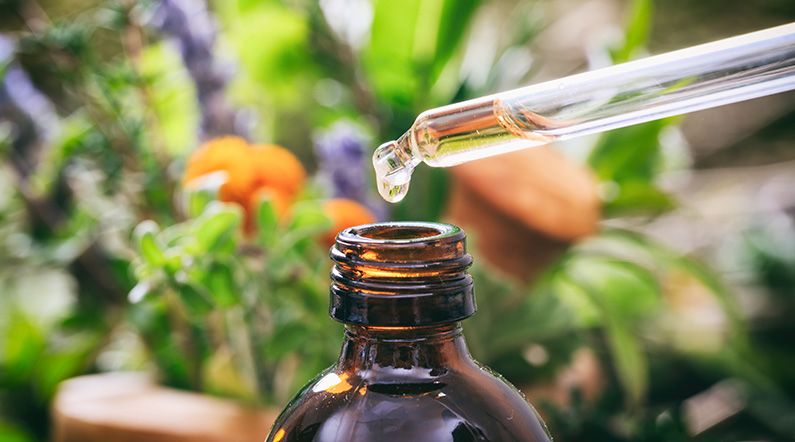
Essential oils are utilized worldwide due to the multiple benefits that these oils offer. They have become a choice of every other person, especially in this era, where everyone works hard to beat the competition and see these magical ancient essential oils as a natural remedy to promote relaxation and many other advantageous factors. But the vital point is that these essential oils can cause harm if they are not used properly. Using essential oils can help you reap many advantages, but certain guidelines need to be followed for efficient results and to protect against any damages.
How to Use Essential Oils?
There are three most effective ways to use Essential Oils:
Inhalation: This method involves smelling the essential oil by diffusing the oil in a diffuser or by steam inhalation or through a spray.
Application: Some essential oils can be absorbed via the skin when applied topically. These oils should not be applied directly over the skin without diluting.
Orally: You can ingest essential oils for several purposes, but ensure that they are safe before doing so.
Here are some guidelines to use essential oils:
Dilute and Use: Never use essential oil without diluting, it may cause allergic reactions over the skin. Also, it is highly recommended to dilute it with a suitable carrier oil before utilizing it.
Avoid Using More: It does not make sense that if you use essential oils in large quantities, they would give extra benefits. It could be harmful as these oils are highly concentrated compounds. Instead, they can cause problems for your body.
Check the quality: Always look for reliable products before buying anything. Also, make sure you are not purchasing any oil with an ‘absolute’ label as those oils contain petroleum-based by-products. Young Living Essential Oils has great products to choose from.
Do not use essential oils for everything: It is advisable to ensure that you are not using essential oils for every other thing. For example, if you are feeling dehydrated, essential oils will not help. Drinking plenty of water is the right solution for that.
Don’t ingest essential oils without prescription and guidance: Ingesting essential oils can be dangerous; therefore, it is highly recommended to consult a practitioner before doing so. Even a drop of pure essential oils can be harmful.
Some of the other essential points to be considered are:
Don’t just rub essential oils anywhere: Oils that are safe on your arms and legs, may not be appropriate to put inside the mouth, nose, eyes, or private parts. For these situations, lemongrass, peppermint, and cinnamon bark are some examples.
Don’t trust the buzzwords: Essential oils are extracted from plants; it does not mean that they are safe to rub on the skin, or breathe, or eat even if the quality is authentic. Natural components could cause agitation or toxic reactions. It is advisable to conduct a patch test on a small area of the skin before using it on large areas.
Do discard older oils: Essential oils are not used too well after 3 years. Older oils are likely to be damaged because of exposure to oxygen. In such cases, they tend to cause irritability to the skin and can cause allergic reactions. If you notice any change in the looks, consistency, and smell, you must throw out the oil because there are high chances that they are spoiled.
Do Consider Age: Young Children and the elderly are generally more sensitive to essential oils. And it is essential to avoid some oils like birch and wintergreen. They tend to produce severe issues in kids who are six years old or younger. Do not utilize essential oils for babies till the time it is not suggested by your practitioner.